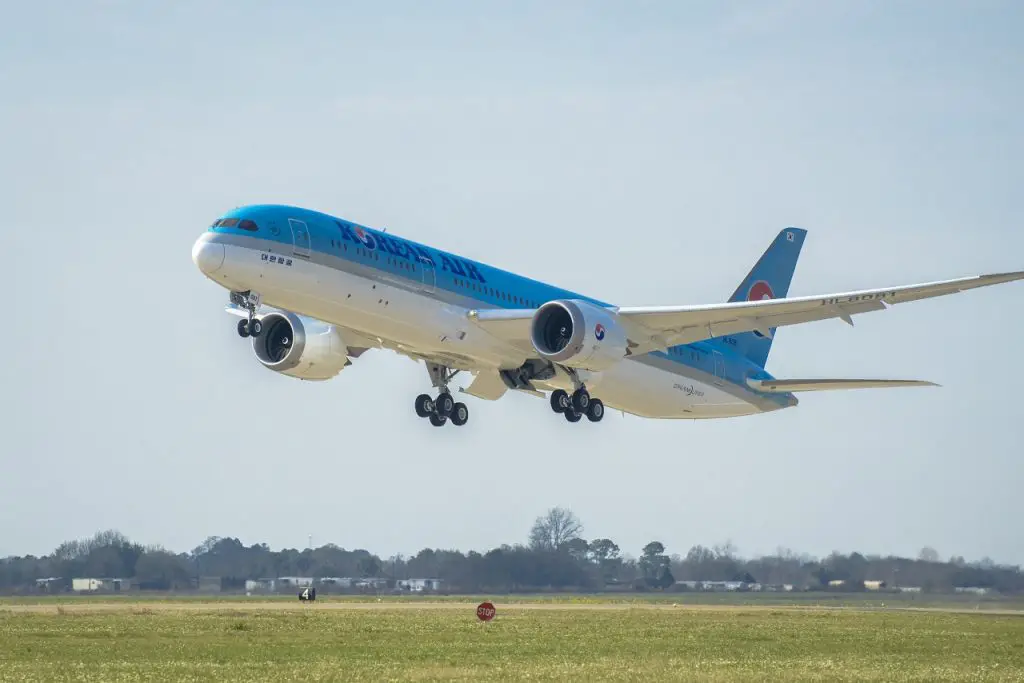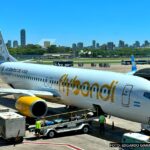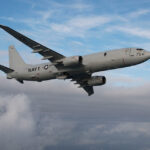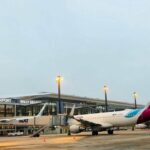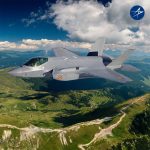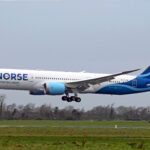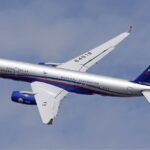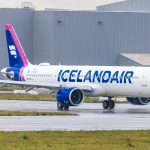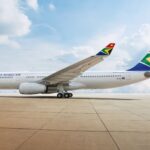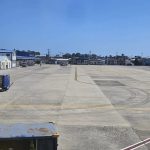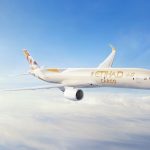Korean Air on December 26 received approval from the Ministry of Commerce of the People’s Republic of China (MOFCOM) for the business combination with Asiana Airlines.
MOFCOM has required Korean Air and Asiana to reduce their market share due to competition concerns. The leading South Korean carrier submitted a proposal to concede slots to any new airline wishing to operate routes where both companies fly.
Five of nine routes have been proposed by the Korea Fair Trade Commission (KFTC) earlier this year and MOFCOM proposes to add another four routes. Korean Air expects the approval of the Chinese authorities to play a key role for the review process by the remaining competition authorities.
Korean Air is currently awaiting business combination approvals from the United States, Japan and the European Union, nations where notification is mandatory, as well as final approval from the United Kingdom, where notification is arbitrary.
The UK’s Competition and Markets Authority (CMA) has accepted the solutions presented by Korean Air but will gather market feedback before formally approving. South Korea’s largest airline will continue to work closely with the other competition authorities to ensure that the review process is completed as soon as possible.
Korean Air submitted business combination reports to nine countries requiring approval for the merger with Asiana Airlines on January 14, 2021. Of these nine countries, the company received clearance from China, South Korea, Turkey, Taiwan and Vietnam. Thailand’s Competition Commission announced that a report will not be required for the business combination.
In nations where reporting was arbitrary, Korean Air received clearance from Singapore, Malaysia and Australia. The Philippines confirmed that the business combination report is not required.
Routes to be divested by Korean Air and Asiana
- KFTC (5 routes): Seoul – Zhangjiajie/Xi’an/Shenzhen, Busan – Beijing/Qingdao.
- MOFCOM (4 routes): Seoul – Beijing/Beijing/Shanghai/Tianjin/Changsha.
See also: Korean Air introduces its first Airbus A321neo with new Prestige Class seats

